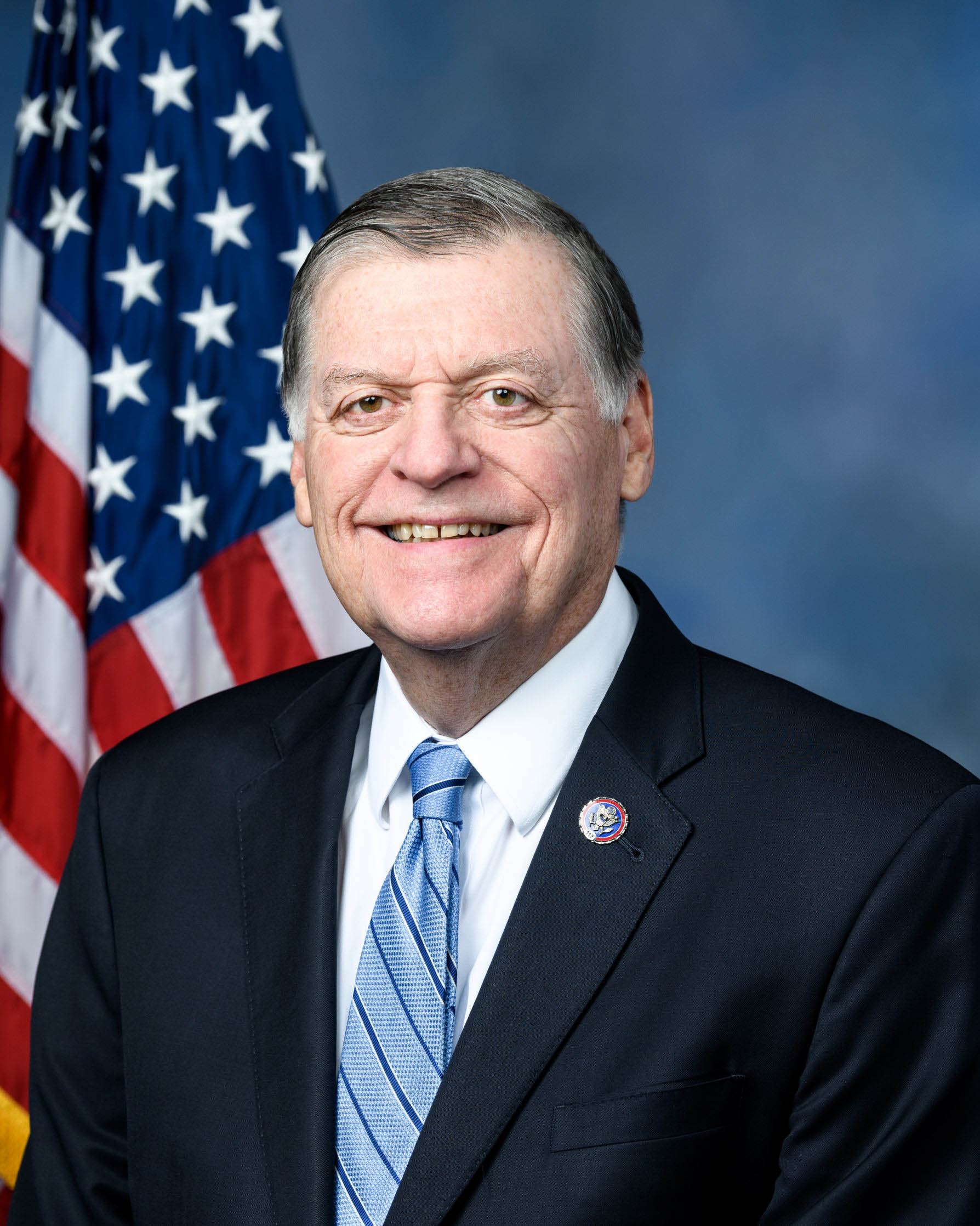Guest Opinion. On April 10th, I was ratified by the House Republican Conference as the new Chairman of the House Appropriations Committee - but not only did I just become the new Chairman, I also became the first Native American to ever Chair this Committee.

As an enrolled member of the Chickasaw Nation of Oklahoma, my tribal heritage is something I am very proud of, and I was very fortunate to witness this culture firsthand while growing up. My great, great grandfather served as the clerk for the Chickasaw Nation Supreme Court, my great grandfather was the Treasurer of Chickasaw Nation, my great aunt, Te Ata Fisher, was a famous actress and storyteller who performed Native American stories all over the world, and my late mother and inspiration, Helen Cole, was the first Native American woman elected to the Oklahoma State Senate.
My family members truly made it a priority of theirs to preserve tribal culture, and, as one of only five Native Americans and Alaska Natives in Congress and the first Native American House Appropriations Committee Chair, it is a top priority of mine to protect our tribes as well.
It is important to remember that Native Americans are the First Americans. They are sovereign nations who governed themselves long before settlers arrived, and they continue to do so today. Through legally binding agreements, such as the federal trust responsibility, the United States is obligated to provide services and federal resources to tribes — a responsibility I have been and will continue to work to ensure is met.
It is critical tribes and the federal government have mutual respect. States and the federal government must work with Native Americans to maintain the integrity of their heritage, culture, and rights. At the same time, the federal government must uphold its constitutional oath to tribes to provide basic resources such as healthcare, education, infrastructure, and law enforcement, among many others, in Indian Country. Tribes do not receive state assistance and cannot tax their own citizens, which is why expanding and promoting economic development within tribal communities and committing these federal resources is so important.
This is why, during my tenure as Chairman of the House Appropriations Subcommittee on Transportation, Housing, and Urban Development, I fought to secure historic gains for traditionally underfunded Native American housing and transportation programs. Specifically, I was able to obtain $1.34 billion for Native American housing programs and $150 million in discretionary appropriations for Tribal Transportation programs in the Fiscal Year 2024 appropriations package. Over the years, I have also fought to secure advanced appropriations funding for the Indian Health Service, ensuring that tribal communities are never at risk of losing healthcare access in the case of a government shutdown.
I have long been, and always will be, an advocate for expanding self-governance wherever possible and ensuring tribes receive the resources they need to take care of their communities because, at the end of the day, tribes are the best at taking care of their people. As Chairman of the full House Appropriations Committee, I will continue to work to set these increases as the standard for this necessary funding in the future.
Lastly, it is important that my fellow members of Congress are informed about the very unique issues concerning Native Americans, the sovereign rights of tribes, and their relationship with the federal government. As the Republican Co-Chair of the bipartisan Congressional Native American Caucus, this is exactly what I strive to do. Tribal issues span to every single House Committee, so it is important to keep Native American issues top of mind as members take up legislation.
In conclusion, tribes have played a very important role in American history. They have greatly influenced this nation and the land on which we live, even before the United States truly came to be. As the longest serving Native American in the House of Representatives, I know that it is an honor and a privilege to be a voice for tribes in Congress, and will continue to ensure that we, as a body, are protecting their autonomy and culture.
Tom Cole, a tribal citizen of the Chickasaw Nation, represents Oklahoma’s 4th congressional district in the U.S. House of Representatives. He began serving in Congress in January 2003 and is longest serving Native American to ever serve in Congress.
More Stories Like This
Building a Stronger Nation Through ServiceIs Oil Worth More Than Water?
Tribal Economic Development Programs in the Federal Contracting Environment: What They Are, and What They Are Not
Why Redefining Public Health Degrees Would Harm Native and Rural Communities
The SAVE America Act Threatens Native Voting Rights — We Must Fight Back
Help us defend tribal sovereignty.
At Native News Online, our mission is rooted in telling the stories that strengthen sovereignty and uplift Indigenous voices — not just at year’s end, but every single day.
Because of your generosity last year, we were able to keep our reporters on the ground in tribal communities, at national gatherings and in the halls of Congress — covering the issues that matter most to Indian Country: sovereignty, culture, education, health and economic opportunity.
That support sustained us through a tough year in 2025. Now, as we look to the year ahead, we need your help right now to ensure warrior journalism remains strong — reporting that defends tribal sovereignty, amplifies Native truth, and holds power accountable.
 The stakes couldn't be higher. Your support keeps Native voices heard, Native stories told and Native sovereignty defended.
The stakes couldn't be higher. Your support keeps Native voices heard, Native stories told and Native sovereignty defended.
Stand with Warrior Journalism today.
Levi Rickert (Potawatomi), Editor & Publisher

